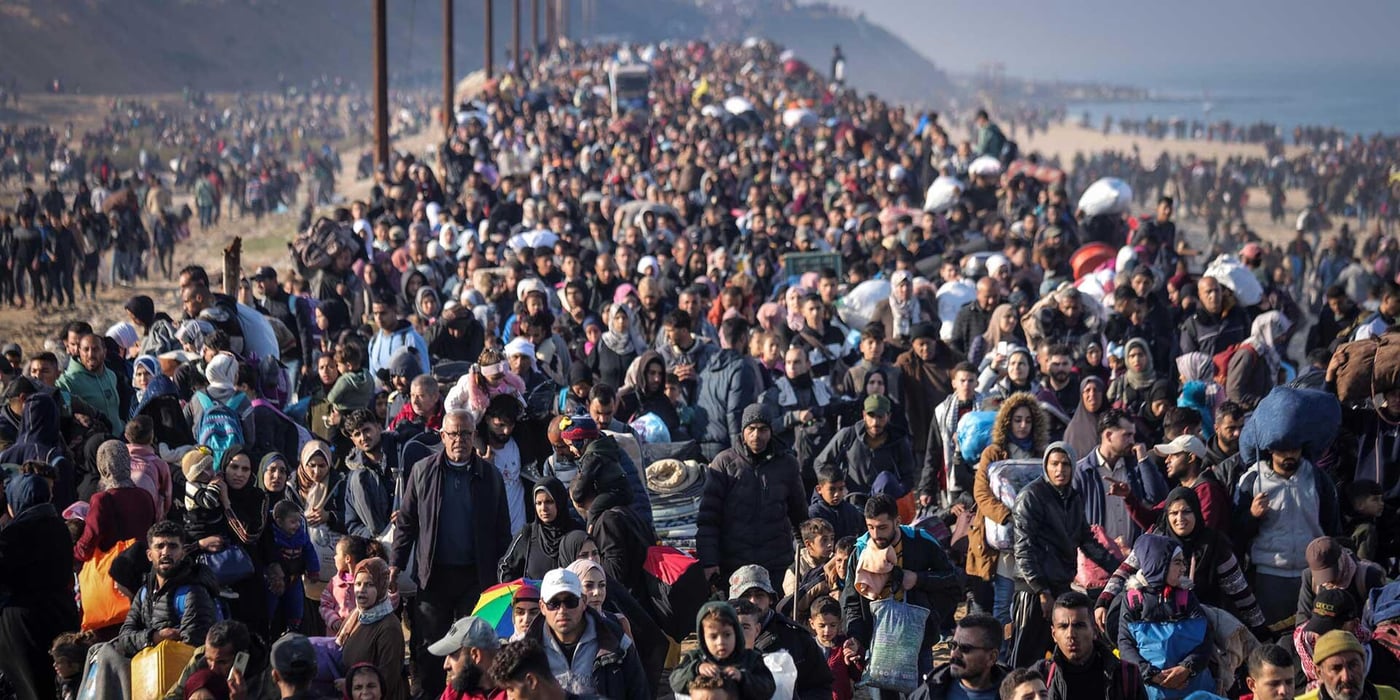
“Energy is a basic human need, but for many of the people we assist, energy is a serious problem, The energy needs of displaced people are often met in a way that is not adequate or efficient. We are keen to try and help resolve this issue in a way that is safe, respectful of traditions and environmentally friendly” says Joseph Attwood, NRC Environment and Climate Change Adviser.
Read: New app helps NRC protect the environment
The Moving Energy Initiative aims to “meet the energy needs of displaced people in a safe, sustainable manner, developing solutions for heating/cooling, cooking, lighting, electrification and water and sanitation.” NRC is partnering with the UN High Commissioner for Refugees (UNHCR) the Global Village Energy Partnership and other expert organisations to bring energy to displaced people. The initiative includes a study by Chatham house, which will look into energy issues in global humanitarian responses. The project is funded by the UK Department for International Development (DfID).
NRC will help host the pilot projects that are part of the Moving Energy Initiative, with a particular focus on urban areas in Jordan.
“It is important that we remember that refugees do not only live in camps. Many of them live in towns and cities. Safe, secure access to energy is as important to them as it is to refugees anywhere,” says Attwood.
Globally, up to 80% of the displaced population live in urban settings, and not in camps. NRC is currently assisting people affected by the Syria conflict who are living in towns in Jordan, with a special emphasis on providing shelter for Syrian refugees.
“NRC recognises that safe access to energy is the catalyst for improving the quality of life of vulnerable people, as well as improving the environment in which they live. From providing lighting to enable learning through to clean energy for cooking, the positive impacts can be long lasting and life changing,” Attwood says.



